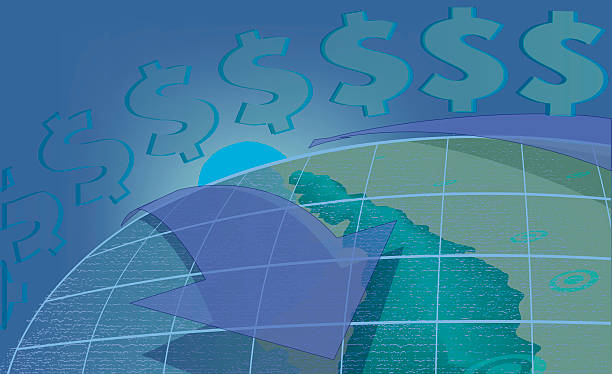
The journey of personal finance is often focused on major milestones, with homeownership standing as a paramount goal for many. This path is typically paved with diligent saving for a down payment, a significant achievement that represents years of discipline. However, a comprehensive financial plan must account for the entire spectrum of purchase expenses, most notably the often-underestimated closing costs. These fees represent the critical final hurdle in a real estate transaction, and a failure to prepare for them can strain a carefully constructed budget at the eleventh hour.Closing costs are the array of charges and expenses separate from the home’s purchase price that are due at the settlement of the transaction. They are the administrative and service fees required to legally transfer ownership from the seller to the buyer. This bundle can include a wide variety of items, such as loan origination fees from the lender, title
insurance to protect against ownership disputes, appraisal fees to confirm the property’s market value, attorney fees, and prepaid items like homeowner’s
insurance and property taxes. Typically, these costs range from two to five percent of the home’s total purchase price, a substantial sum that demands forethought.For the astute individual managing their personal finances, proactively planning for
closing costs is non-negotiable. While a down payment savings fund is essential, a separate and distinct reserve for these ancillary fees is a mark of true financial preparedness. This requires researching average
closing costs in the target market and incorporating that total into the broader home-buying timeline. This foresight prevents the need to drain emergency savings or, worse, accumulate high-interest debt to cover a shortfall, which would immediately undermine the financial stability that homeownership is meant to provide.Furthermore, understanding these costs empowers a buyer to engage more effectively in the process. Some fees are negotiable, either with the lender or the seller. In some markets, it is customary to request the seller contribute to a portion of the closing costs, a tactic that can preserve a buyer’s liquidity. A clear grasp of each line item allows for informed questions and strategic discussions, ensuring one pays only for necessary and reasonable services.Ultimately, a holistic approach to personal finance acknowledges that large goals are comprised of many smaller, intricate parts. Closing costs are a perfect embodiment of this principle. By recognizing them not as a minor detail but as a major line item in the home-buying budget, individuals can transition into homeownership smoothly and sustainably, securing their investment without compromising their broader financial well-being. This comprehensive planning transforms the dream of owning a home into a solid, achievable financial reality.



 The journey of personal finance is often focused on major milestones, with homeownership standing as a paramount goal for many. This path is typically paved with diligent saving for a down payment, a significant achievement that represents years of discipline. However, a comprehensive financial plan must account for the entire spectrum of purchase expenses, most notably the often-underestimated closing costs. These fees represent the critical final hurdle in a real estate transaction, and a failure to prepare for them can strain a carefully constructed budget at the eleventh hour.Closing costs are the array of charges and expenses separate from the home’s purchase price that are due at the settlement of the transaction. They are the administrative and service fees required to legally transfer ownership from the seller to the buyer. This bundle can include a wide variety of items, such as loan origination fees from the lender, title
The journey of personal finance is often focused on major milestones, with homeownership standing as a paramount goal for many. This path is typically paved with diligent saving for a down payment, a significant achievement that represents years of discipline. However, a comprehensive financial plan must account for the entire spectrum of purchase expenses, most notably the often-underestimated closing costs. These fees represent the critical final hurdle in a real estate transaction, and a failure to prepare for them can strain a carefully constructed budget at the eleventh hour.Closing costs are the array of charges and expenses separate from the home’s purchase price that are due at the settlement of the transaction. They are the administrative and service fees required to legally transfer ownership from the seller to the buyer. This bundle can include a wide variety of items, such as loan origination fees from the lender, title 

